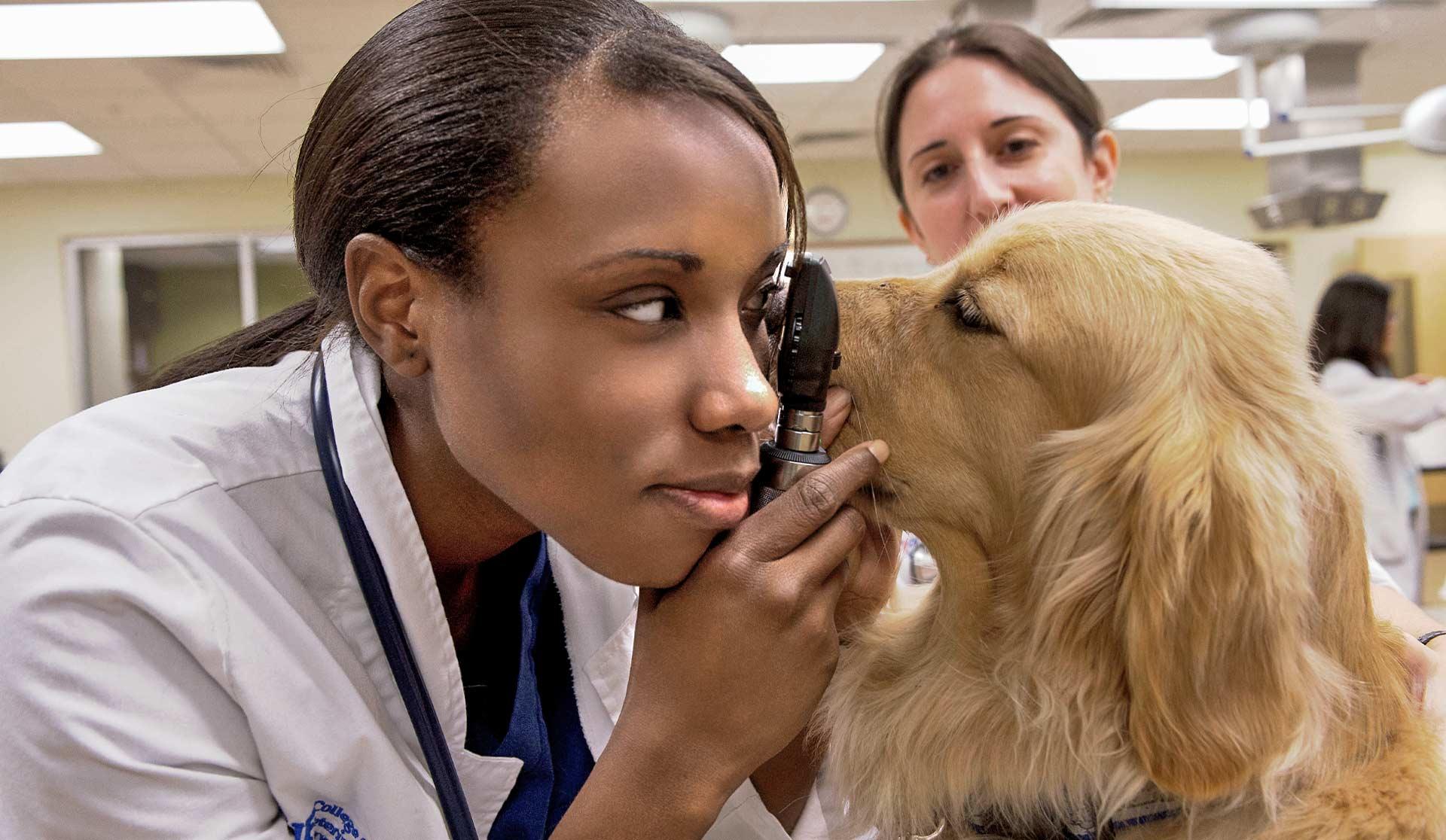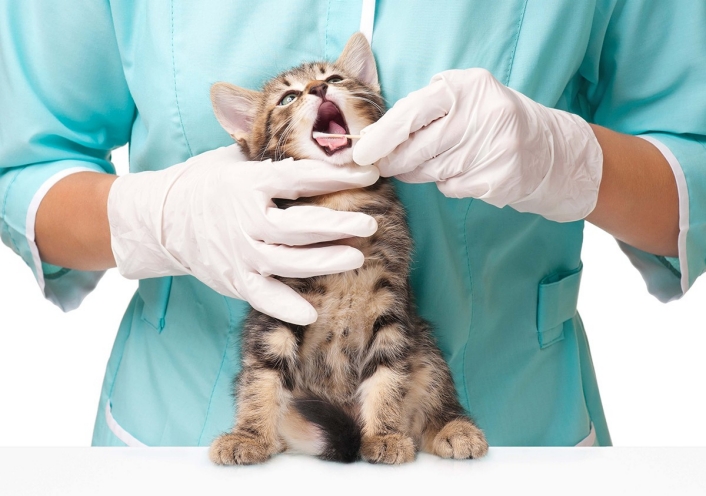Discovering the Right Veterinarian Enterprise for Your Pet's Healthcare Demands
Discovering the Right Veterinarian Enterprise for Your Pet's Healthcare Demands
Blog Article
Vaccination Guidelines From Your Trusted Veterinarian
Vaccination guidelines provided by your trusted veterinarian play a crucial role in protecting your animal's wellness and well-being. Additionally, addressing typical false impressions surrounding injections can better boost pet dog owners' confidence in these precautionary actions.

Significance of Vaccinations
Vaccinations play an essential function in guarding animals against a series of preventable conditions. By boosting the immune system to recognize and battle particular microorganisms, vaccinations substantially decrease the incidence of contagious illness that can impact a pet dog's health and wellness and long life. Not only do inoculations shield individual pets, but they additionally contribute to herd resistance, therefore decreasing the total occurrence of diseases in the family pet population.
Timely vaccinations help to mitigate the spread of conditions such as rabies, parvovirus, and distemper, which can have serious effects for both pet dogs and humans. Vaccinations are typically a need for boarding facilities, brushing services, and dog parks, making them crucial for those who want to mingle their pets.

Core Injections for Pets
While the details inoculation demands of pets can vary based on specific factors, core vaccinations are generally recommended to shield versus one of the most usual and severe conditions (Vet Enterprise). Core injections are those considered vital for all animals, no matter their way of life or geographic location, as they protect versus possibly deadly and extremely infectious diseases
For dogs, the core injections consist of those for canine distemper, parvovirus, adenovirus (liver disease), and rabies. Canine distemper is a viral condition that affects the respiratory, intestinal, and nerves. Parvovirus is known for creating extreme stomach ailment, particularly in pups. Adenovirus can lead to liver illness, while rabies is a zoonotic condition that positions a danger to both family pets and people.
In pet cats, core injections include feline panleukopenia, feline calicivirus, feline herpesvirus (rhinotracheitis), and rabies. Feline panleukopenia is a highly contagious viral disease that influences the body immune system and intestinal tracts. Calicivirus and herpesvirus are major contributors to top breathing infections in felines, while rabies continues to be an important concern for public health and wellness.
Speak with your veterinarian to guarantee your pet dogs get their core vaccinations on routine.
Non-Core Vaccines Explained
Non-core injections are tailored to attend to certain dangers related to a pet's setting, exposure, and lifestyle to particular illness. Unlike core injections, which are universally suggested for all pet dogs, non-core vaccinations are considered based upon individual situations. These injections are especially crucial for animals that may come across distinct microorganisms as a result of their geographical area, travel practices, or tasks.
Instances of non-core vaccines include those for Bordetella bronchiseptica, which is connected to kennel coughing, and Lyme condition, triggered by ticks. Pets that regularly interact with various other pets, such as those in boarding facilities, pet parks, or brushing atmospheres, might gain from Bordetella inoculation. Likewise, if you live in a location where Lyme condition prevails, immunizing against this disease can be a sensible choice for outdoor-loving dogs.
Various other non-core vaccines might include those for leptospirosis, canine influenza, and feline leukemia, relying on the certain risk elements existing. It is vital to have an extensive conversation with your veterinarian regarding your pet dog's way of living and the prospective demand for these injections, making certain a customized inoculation technique that ideal safeguards your fuzzy friend.
Inoculation Set Up Overview

As animals grow, it is very important to comply with the advised booster vaccinations. Pet Health Checkup. For adult animals, core vaccinations are commonly provided every one to 3 years, relying on the specific vaccine and regional guidelines. Non-core vaccinations may be recommended based on way of life variables and regional disease prevalence, necessitating a customized strategy
Normal vet check-ups are critical for upgrading inoculation timetables. Your vet can provide support on one of the most appropriate booster shots for your animal, factoring in age, health and wellness condition, and environmental risks. By remaining positive and notified, family pet owners can ensure their furry buddies receive timely and effective inoculations, therefore safeguarding read the full info here their wellness and wellness throughout their lives.
Typical Myths About Vaccines
Misconceptions concerning pet dog inoculations can cause confusion and reluctance among pet proprietors relating to the booster shot process. One widespread misconception is that injections are unnecessary for indoor animals. While it's real that interior pet dogs encounter lower threats, they are not totally immune to illness, as virus can be introduced through numerous ways, including human clothes and other pet dogs.
One more mistaken belief is that injections can trigger the conditions they intend to avoid. Actually, the majority of vaccinations include suspended or undermined pathogens, which can not trigger illness in healthy and balanced pets. Some pet proprietors likewise believe that their animals need to not be vaccinated if they are currently healthy; however, vaccinations are a proactive procedure that assists avoid the start of health problem.
Additionally, lots of family pet proprietors fear that vaccinations will cause long-lasting wellness difficulties. While negative effects can occur, they are momentary and typically moderate. he has a good point The advantages of vaccination-- securing pets from potentially serious diseases-- much surpass the risks. Comprehending these usual myths is critical for liable family pet possession and making sure the health and wellness and safety of your fuzzy buddies. Always consult your vet for exact details tailored to your animal's certain requirements.
Final Thought
In summary, adherence to vaccination guidelines is crucial for ensuring the health over here and wellness and longevity of family pets. Dispelling typical myths bordering inoculations better reinforces the relevance of notified decision-making in family pet treatment.
Not only do inoculations shield private animals, however they also add to herd immunity, consequently decreasing the total frequency of diseases in the family pet populace.
Misconceptions about pet vaccinations can lead to confusion and hesitation among pet proprietors pertaining to the immunization procedure. While it's true that interior pets face lower dangers, they are not entirely immune to diseases, as microorganisms can be presented with various means, consisting of human clothes and other family pets.
Some pet dog owners also think that their pet dogs ought to not be immunized if they are currently healthy; nevertheless, inoculations are an aggressive measure that assists protect against the beginning of ailment.
The advantages of vaccination-- shielding pet dogs from potentially lethal diseases-- much exceed the threats.
Report this page